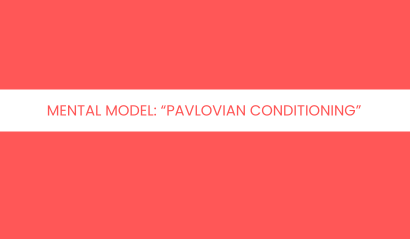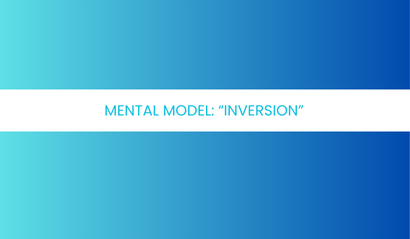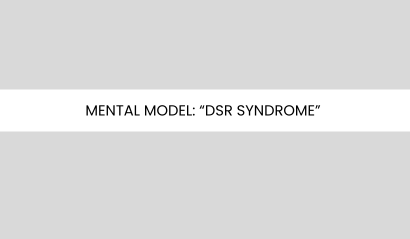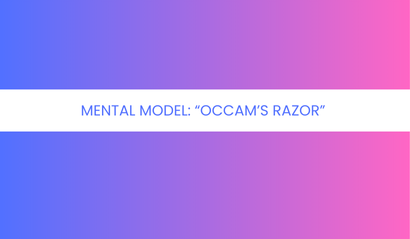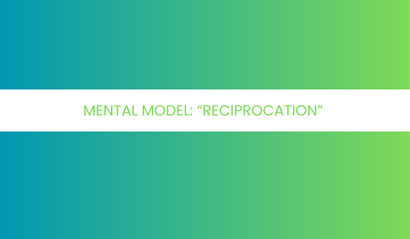Mental Model: Pavlovian Conditioning
Pavlovian Conditioning, also known as Classical Conditioning, is a fundamental learning process that has significantly influenced psychology, behavioral science, and even everyday life. Named after the Russian physiologist Ivan Pavlov, this type of learning involves associating a neutral stimulus with a naturally occurring stimulus to produce a conditioned response. In this blog post, we will…

